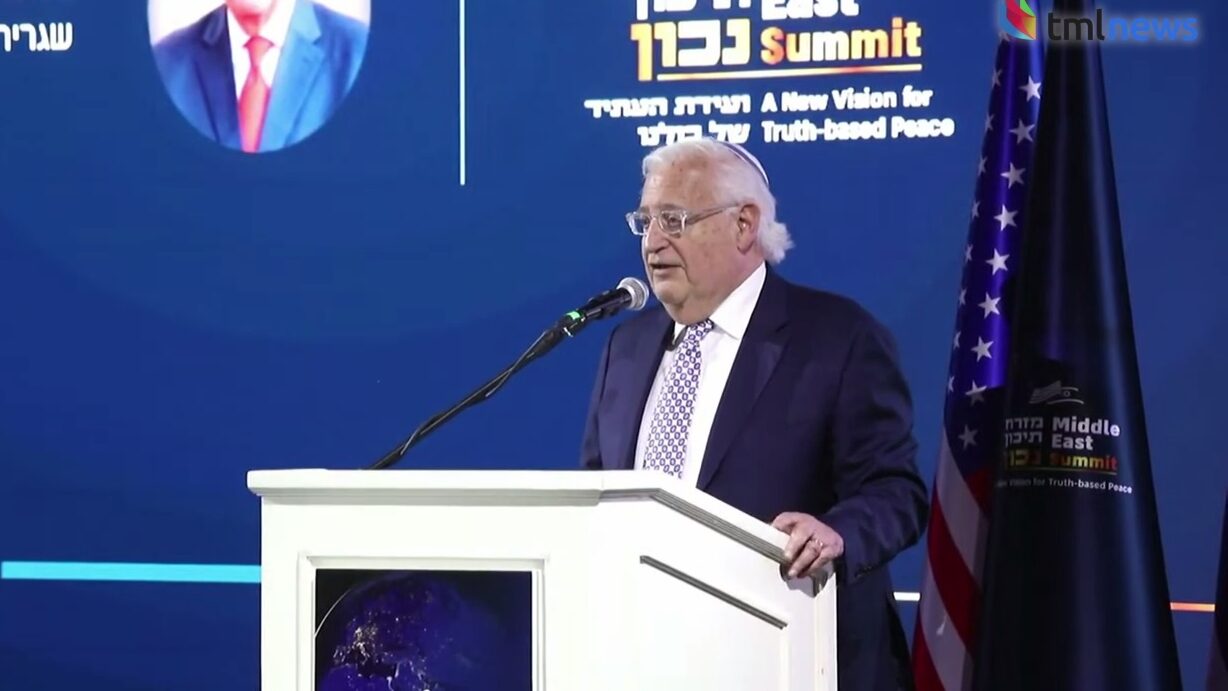Trump’s Return Could Reshape Israel’s Path Toward a One-State Vision
The Media Line’s Maayan Hoffman examines the potential impact of Donald Trump’s return to the White House on Israel’s approach to the Israeli-Palestinian conflict, focusing on a shift away from the two-state solution in favor of a one-state vision championed by former US Ambassador to Israel David Friedman. The 2023-2024 conflict and October 7 attacks have drastically reduced support for a Palestinian state within Israel, leading the Knesset to pass a resolution rejecting its creation. Trump’s victory in the 2024 election may further solidify Israel’s shift as Friedman, one of Trump’s key advisers, has outlined a vision for extending Israeli sovereignty over the West Bank while offering permanent residency to Palestinians.
This holiday season, give to:
Truth and understanding
The Media Line's intrepid correspondents are in Israel, Gaza, Lebanon, Syria and Pakistan providing first-person reporting.
They all said they cover it.
We see it.
We report with just one agenda: the truth.


Friedman’s plan, which he detailed in his book One Jewish State, has garnered backing from influential figures in Israel, including members of the Knesset and pro-Israel activists. However, challenges remain, as the plan would require US support, Israeli consensus, and potentially cooperation from Palestinian and Saudi leaders. Hoffman notes that while Friedman’s approach has found support among Trump’s evangelical allies, the path to its implementation is fraught with obstacles, including regional diplomacy and the need for a lasting peace framework.
With a possible shift in US-Israel relations on the horizon, Friedman’s vision may shape the next phase of Israeli policy. Hoffman’s detailed analysis highlights the complexities of the proposal and the many factors that will determine its success or failure.

